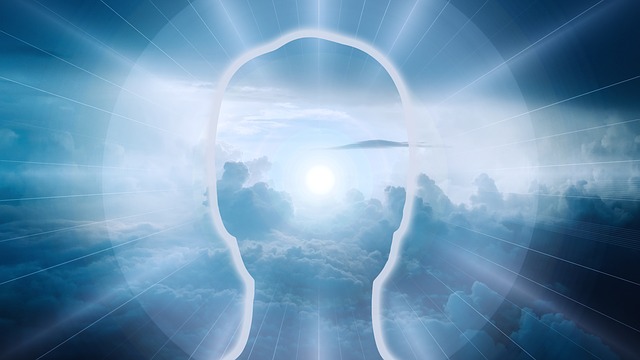 The core belief of just about any religion is the concept of heaven. The interpretation of that concept varies, and Christianity is no exception.
The core belief of just about any religion is the concept of heaven. The interpretation of that concept varies, and Christianity is no exception.
Probably the most common fallacy in many of these beliefs is that heaven is a place. While the Bible is guilty of promoting the same notion (In my father’s house are many mansions” -“And the twelve gates were twelve pearls, each of the gates made of a single pearl, and the street of the city was pure gold, like transparent glass”) – even basic logic challenges these claims. If gold was so common that it could be used as a paving material, it would seem to diminish the value of that element.
What is more likely is that these descriptions are meant to project the value of a heavenly existence in terms that humans would find appealing and worthy of the effort to gain.
Perhaps the simple truth is that the heavenly afterlife is a state of existence that defies human description. Perhaps we need to recognize that the afterlife is not so much a place, as it is a state of existence for which we have no earthly terms.
We tend to rely on the passages of the Bible without questioning the accuracy of those texts. We disregard the very real issue that those passages were recorded by human hands, using the language and terminology of the times. Even if we allow that they might have been inspired by God, they are still the recollections and interpretations of human agents.
If we were to consider contemporary accounts, we might have a clearer picture of our hoped-for destination.
Todays’ technology has opened the floodgates of access to descriptions of the afterlife provided by those who have reported a near-death experience (NDE). Basically, these are stories related by those who have experienced clinical death, only to recover. Their descriptions tend to be very similar, frequently describing intense white light and vibrant colors never encountered in physical life. Another common element is a report of encountering deceased relatives, sometimes relatives they never meet in life.
While many people feel these reports are merely the result of a human brain, struggling to project a final dream state, logic challenges that interpretation. The commonalities and the lack of a personal agenda are strong arguments for the reality of these experiences. Many are reluctant to speak of their experience for fear of ridicule, and several report that they were atheists or hard-core skeptics prior to their experience, but no longer held those beliefs afterward.
One unique element of these reports is that the “landscape” of the afterlife varies according to the desire of the individual. Another aspect, unique to each experiencer, is a report that those they encounter on the other side are younger, in perfect health, and wearing familiar garb.
Finally, the most common recollection of those who undergo an NDE is the sensation of unconditional love. Perhaps that is the best description of all. Heaven is the home of unconditional love.
And a better neighborhood cannot be imagined.
